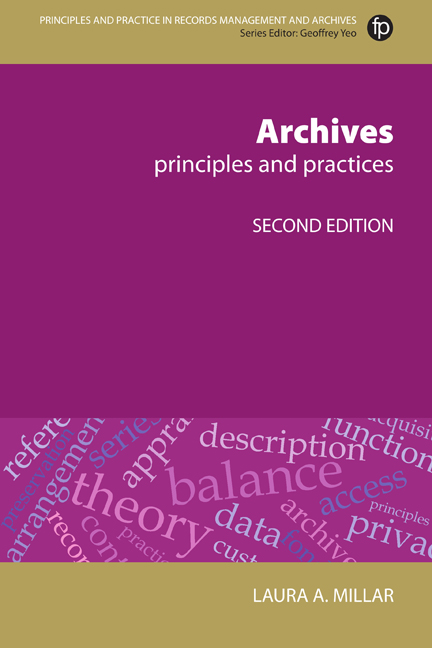Summary
There will always be a frontier when there is an open mind and a willing hand.
Charles Kettering (1876–1958), inventor and engineerAs I get older and I occasionally luxuriate in the thought that I must be getting wiser, I understand better what my psychiatrist father meant when he warned me, as a teenager, of the dangers of what he called ‘temporal chauvinism’. This, he argued, was the mistaken belief that we, in our current time and place, are the latest and greatest and best of our generation, and that our creations, inventions and ideas are right and true and good, better than anything that came before. All societies, he claimed – particularly their younger members – are prone to embrace the conceited, erroneous notion that they and theirs are better than anyone or anything that came before. (My mother, a jazz singer, was more lyrical. ‘Listen, Missy,’ she would laugh. ‘Don't forget, a lot of things happened before you were born.’)
A lot of things did happen before we were born, and a lot of things are going to happen after we move on to a new frontier. And perhaps more than many other disciplines, the work of managing the documentary evidence of a society – its archives – demands the greatest respect for this temporal reality. Every change in the technology used to create information, from a clay tablet to a piece of sheepskin to a biometric chip, changes the way in which we need to manage that information. Helping society accomplish this task of creating and managing authentic evidence is the job of the archivist. Ergo, staying on top of the changes brought by time, not thinking we have got it all figured out today, is fundamental to the success of archival work. Change is our business.
Thus, archivists need to remain nimble, agile and humble. Clinging to theories when reality slaps us in the face is just as futile as following an old habit when science proves it wrong. There was a time when archives were defined as old and linear. No more. There was a time when the archivist could wait for stuff to come to her instead of going out and finding it. No more.
Information
- Type
- Chapter
- Information
- ArchivesPrinciples and Practices, pp. 263 - 268Publisher: FacetPrint publication year: 2017
